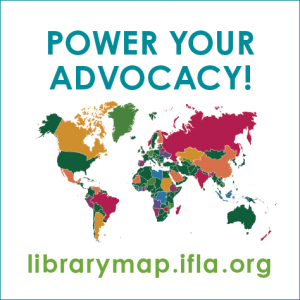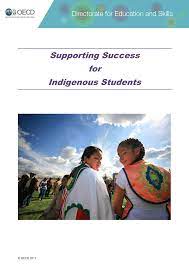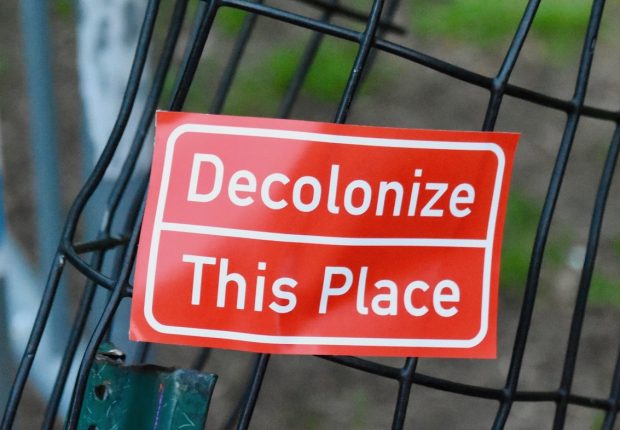In my search for more PD… CALP offers a few different PD opportunities on supporting Indigenous learners that are all worth taking. In 2018, the Community Adult Learning Program (CALP) piloted a program called Engaging with Indigenous Learners, and it has been offered regularly due to it’s success. The next one is in August 2021, and because there is an online component, it opens up the learning opportunities for those of us who can’t travel for PD. This workshop is will help those who work with adult Indigenous learners and help us create a supportive and welcoming learning environment.
Engaging with Indigenous Learners
University nuhelot’įne thaiyots’į nistameyimâkanak Blue Quills
This professional development workshop arose out of the recognition that success in an adult learning environment inclusive of Indigenous learners is best accomplished through understanding. It is unique in the sense that it engages participation from the variety of Indigenous peoples who live in the Treaty 6, 7, and 8 areas of Alberta, as well as with the Indigenous Postsecondary Educational Institutions. There is no ‘one’ singular specialization of Indigenous knowledge. Each Nation and tribe is unique, and the collaborative nature of this professional development opportunity allows you to hear the Indigenous voices in your local area.
This training is for CALP practitioners who work with or would like to work with adult Indigenous learners, but who may not have had previous opportunities to learn about Indigenous people, knowledge, issues, and culture, or who have had limited exposure to the Indigenous experience.
Learn about local, regional, and national issues of relevance to adult Indigenous learners to help you create a supportive and welcoming learning experience for Indigenous learners in your community. Connect with and build relationships with community members from your local First Nations Colleges/University.
For more info click here!!
 In 2013, the International Federation of Library Associations (IFLA) sponsored the publication of a ebook of . The global collection of case studies cover resources, library programs and collections. Although not an exhaustive collection of case studies, it provides an excellent snapshot of initiatives from around the world. There are lots of inspiring examples within the book, and working in an online university with students from around the world, it’s worth exploring local-to-the-students library initiatives and consider how they could inform some of our library outreach.
In 2013, the International Federation of Library Associations (IFLA) sponsored the publication of a ebook of . The global collection of case studies cover resources, library programs and collections. Although not an exhaustive collection of case studies, it provides an excellent snapshot of initiatives from around the world. There are lots of inspiring examples within the book, and working in an online university with students from around the world, it’s worth exploring local-to-the-students library initiatives and consider how they could inform some of our library outreach.


